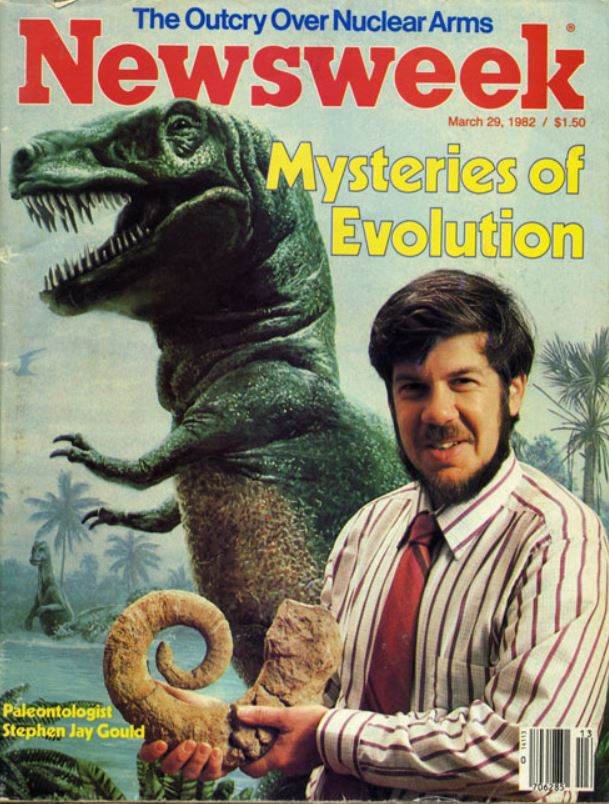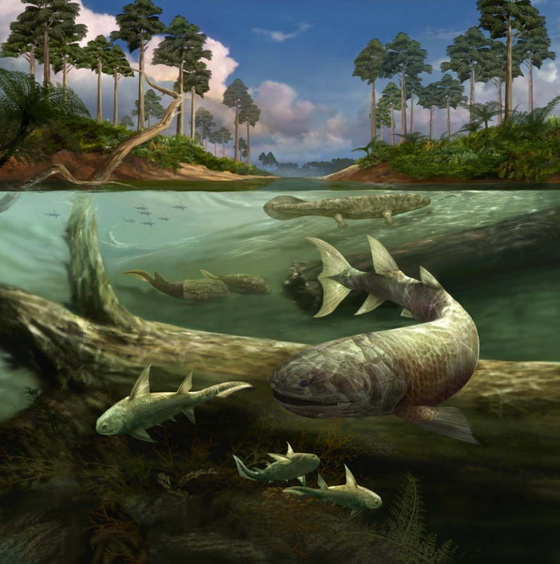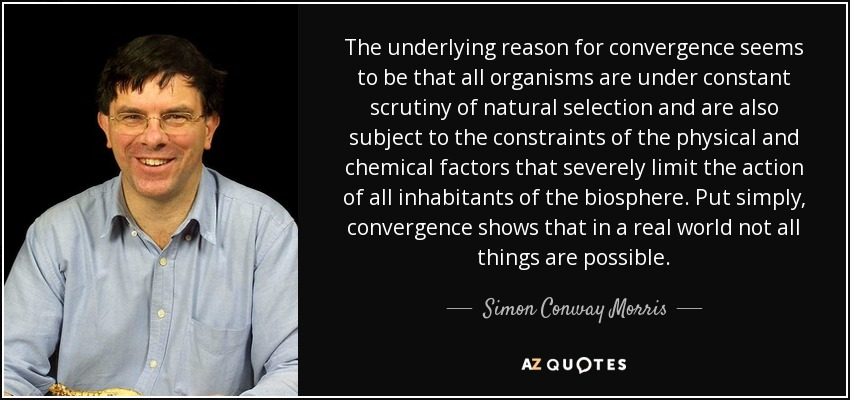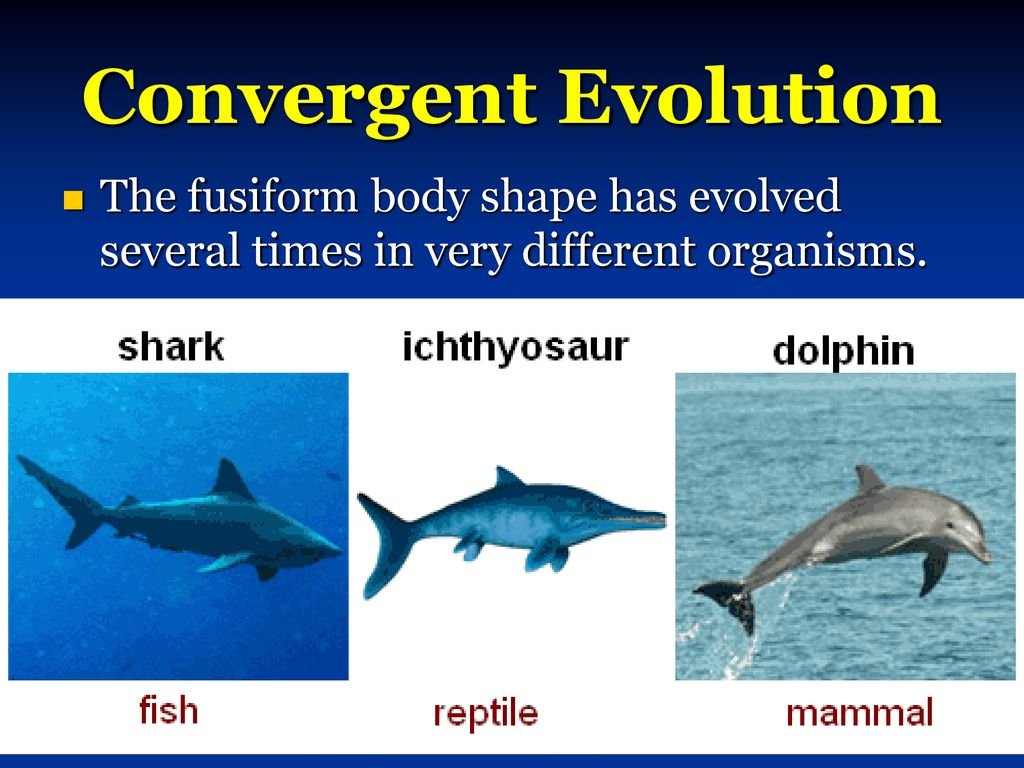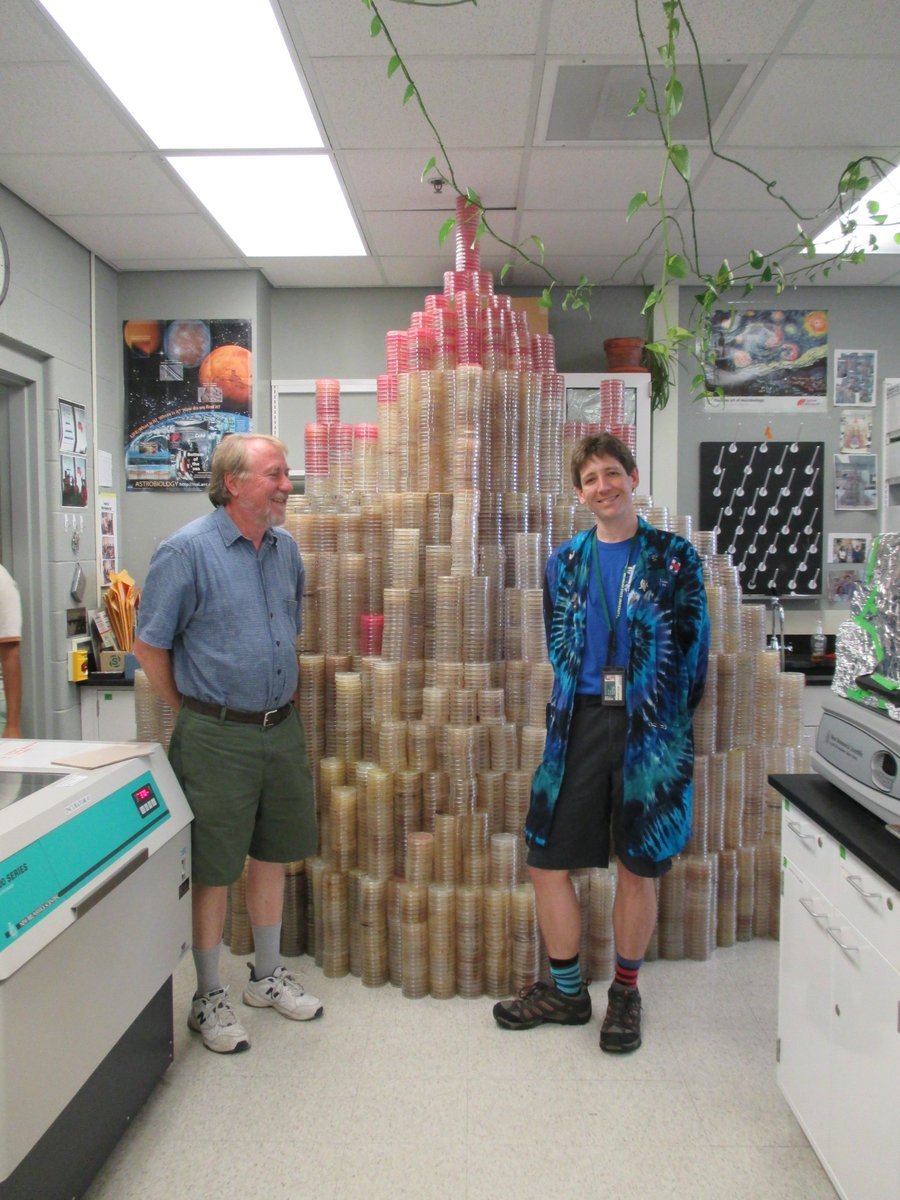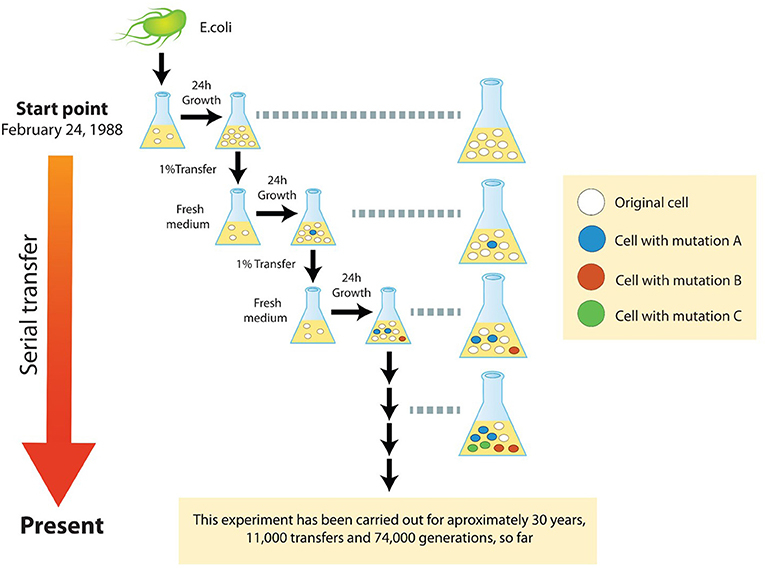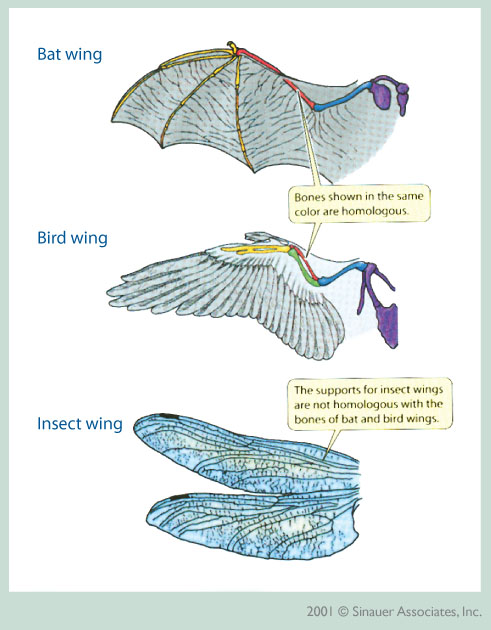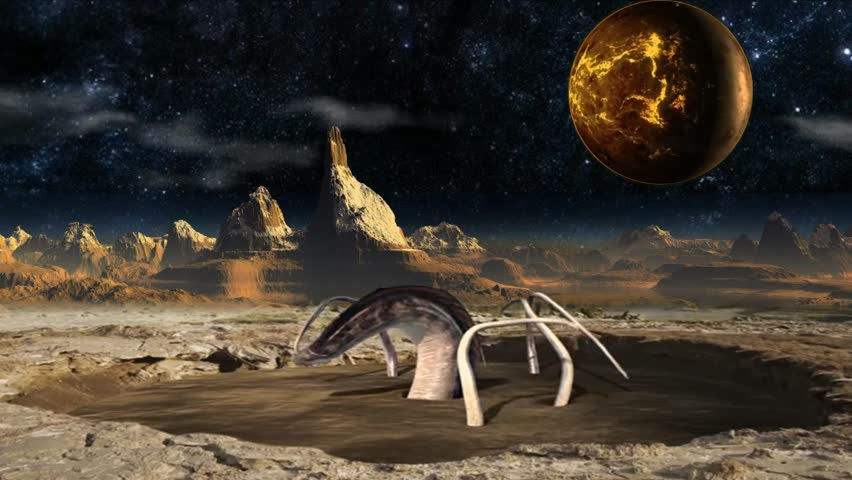Let& #39;s talk about contingency in the history of life on Earth. Stephen Jay Gould, in "Wonderful Life" asked the question: what if we could & #39;rewind& #39; the tape of life to any point & play it forward?
Would things evolve the same given the same starting conditions?
Would things evolve the same given the same starting conditions?
To put it another way: how important is randomness vs. determinism in the outcomes of life on Earth? How inevitable are humans, for example, or something like us?
To what degree did unlikely events in the earliest days of life on Earth produce conditions that could lead to us?
To what degree did unlikely events in the earliest days of life on Earth produce conditions that could lead to us?
If you& #39;ve watched "marble racing", maybe you& #39;ve wondered: if you re-ran the same race with nearly identical conditions, how often would the same marble win?
Each event in the history of life is, to some degree, dependent on starting conditions.
Each event in the history of life is, to some degree, dependent on starting conditions.
Gould expressed doubt that if we could "restart the tape", almost every & #39;replay& #39; would fail to produce humans or anything as intelligent as humans. He also explored the idea that evolution is inherently & #39;stochastic& #39; or unpredictable, even over short periods of time.
The opposing view is supported by the observation that many & #39;innovations& #39; in the history of life have been discovered multiple times, and may represent islands of strong selection, which is deterministic.
It could be that some things we observe today are favored or inevitable.
It could be that some things we observe today are favored or inevitable.
It& #39;s difficult, but not impossible, to test both hypotheses against each other: to what degree are evolutionary pathways/outcomes "destined".
There are 3 approaches:
1. Observations of modern species
2. Historical perspectives.
3. Long-term evolution experiments (LTEE)
There are 3 approaches:
1. Observations of modern species
2. Historical perspectives.
3. Long-term evolution experiments (LTEE)
@RELenski and Zach Blount have been growing parallel evolutionary universes (flasks) containing E coli. Each represents a "rewinding of the tape of life" in Gould& #39;s terms. They demonstrated that multiple lines converged on the ability to eat citrate, but not all.
There are other aspects to their experiments, which have been running since 1988, but they confirm the idea advanced by Simon Conway Morris, that while there may be many paths, there are only relatively few islands of stability that are favored (weakly inevitable).

 Read on Twitter
Read on Twitter